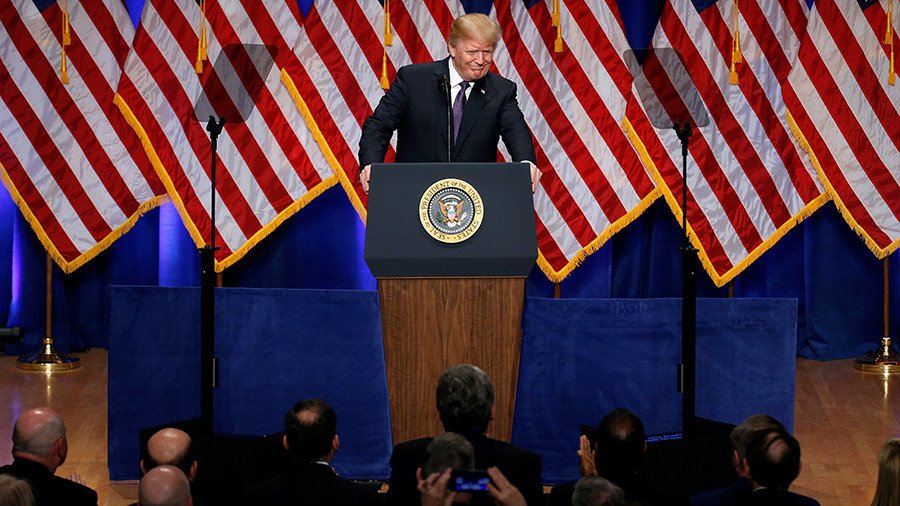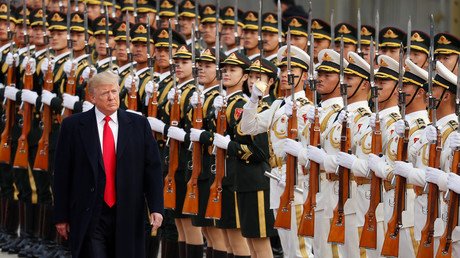The new US national security strategy is of an imperial nature, and reflects Washington’s indefatigable reluctance to give up the idea of a unipolar world, Kremlin spokesman Dmitry Peskov said.
“Looking through [the strategy], particularly those parts concerning our country, one can see the imperial nature of the document, as well as persistent unwillingness to abandon the idea of a unipolar world and accept a multipolar world,” he said. Peskov stressed that Moscow strongly disagrees with Washington’s stance towards Russia expressed in the document, which designates the country as a threat to US security. And yet, there are some positive signs too.
"[The strategy] has some positive moments, particularly those regarding cooperation with Russia in fields corresponding to the US interests. It is totally in line with our approach, voiced by [President Putin], because Moscow is also seeking cooperation with the United States in areas which are beneficial for us, and depending on how far our US counterparts are ready to go,” President Vladimir Putin’s press secretary said. When asked about “a perfect example of US-Russia cooperation,” Peskov mentioned the recent exchange of information between the two countries’ special services, which made it possible to thwart terrorist attacks in St. Petersburg and “helped save many lives.”
The new US national security strategy is a long document with “rather impressive” wording “which needs to be thoroughly assessed” by relevant Russian agencies, the presidential spokesman said.
The 68-page document lays out the four “pillars” of US national security as protecting the homeland, promoting US prosperity, preserving “peace through strength” and advancing US influence. Among the main challengers to America’s global powers, the strategy names “revisionist powers, such as China and Russia,” that seek to “shape a world antithetical to US values and interest.”
While China allegedly “seeks to displace the United States in the Indo-Pacific region, expand the reaches of its state-driven economic model, and reorder the region in its favor,” Russia seeks to “restore its great power status and establish spheres of influence near its borders. The intentions of both nations are not necessarily fixed,” the document added.



